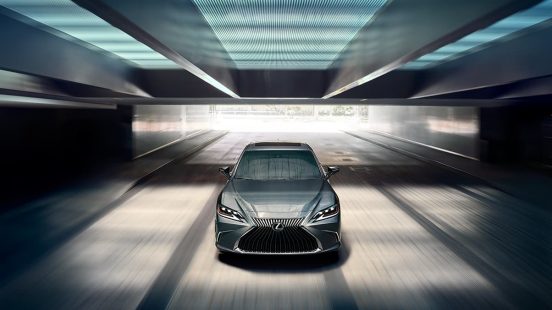If you’re shopping for a new vehicle like the 2019 Lexus ES 350 or a pre-owned model, head over to Lexus of Jacksonville. We have a generous selection of the latest Lexus models, and we’ll help you find the luxury vehicle that’s the best fit for your lifestyle.
During your car search, you’ll come across a variety of options to consider. This includes elements like drivetrain, upholstery material, technology, and even engine. More specifically, you may come a diesel and gas engines. But what makes them different?
Both gas and diesel engines are internal combustion engines. This means fuel mixes with air as it enters the engine and the combination is compressed inside the engine’s cylinders. The fuel then combusts or ignites, and the resulting energy supplies the power that’s required to move a car and produce exhaust.
Diesel and gas engines differ in how fuel combusts within. Gas engines compress the mixture of fuel and air, and a spark plug ignites the mixture; diesel engines don’t have spark plugs. These engines are capable of compressing the combination of fuel and air to the point that so much heat is generated it causes the mixture to ignite spontaneously.
The way a diesel engine causes spontaneous ignition is referred to as “compression ignition.” While diesel engines are made to produce compression ignition, gas engines aren’t. If compression ignition occurs in a gas engine, it’s usually referred to as a “knock,” which can cause severe damage to a gas engine and ultimate destroy it.
To learn more about the different engine types, contact our Lexus dealers serving St. Augustine, FL. Here at Lexus of Jacksonville, we carry a fine inventory of gas-powered Lexus models for our customers.






